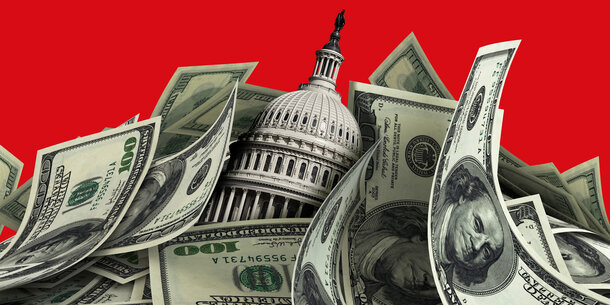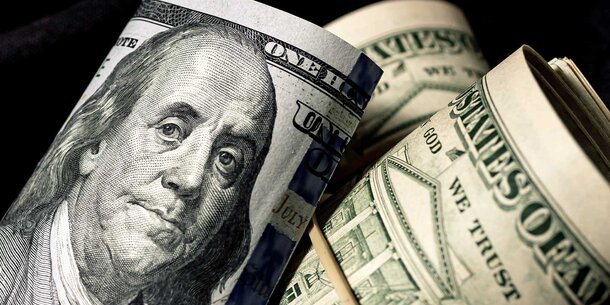You’re reading The Briefing, the Brennan Center’s weekly newsletter. Click here to receive it every week in your inbox.
U.S. politics are tilted — undeniably tilted, disgracefully tilted — in favor of wealthy donors. New York State is a case in point. In the 2018 election cycle, the 100 largest donors to New York candidates gave more money than the combined total of all 137,000 small donors (those giving $175 or less). This week, however, the state can take a historic step toward leveling the political playing field by fully funding its new small donor public financing program.
Here’s how the program will work. State-level candidates who opt in will receive matching funds for all donations between $5 and $250 that come from within the state or, in the case of legislative candidates, within the district. The ratio of the match varies between 6-to-1 and 12-to-1, depending on the office being sought and the amount of the donation, and there is a cap on how much public money each candidate can receive. The bottom line is that ultra-wealthy patrons will no longer be the sine qua non of elected office in New York.
Small donor matching works. New York City’s program, which has expanded in recent years, helped increase female representation on city council to 61 percent after the most recent election. People of color now constitute 67 percent of city council members, bringing them roughly in line with their proportion of the general population. Public matching wasn’t the only factor in these increases, but it made a big difference. With the help of the program, women and candidates of color who were competitive in the most recent primaries raised nearly equal amounts of money, on average, as their white and male counterparts — a stark contrast to national campaign finance data.
In addition to its proven efficacy, one of the great virtues of small donor public matching is that it’s inarguably constitutional. New York’s matching system does not restrict, in any way, the ability of political benefactors to speak as loudly as they like through massive cash transfers. Instead, it amplifies the voices of everyone else.
The New York State Legislature approved the small donor public match in 2020, with plans to launch it this year. It is now critical for leaders in Albany to provide the funding required to make it work, including $40 million in matching funds that will go to participating candidates, something the governor and legislative leaders are currently negotiating. The deadline for a budget deal and vote is Friday, April 1.
The state’s new public financing system will revolutionize New York politics. If the program had been instituted prior to last year’s state legislative elections, donations of less than $250 would have been responsible for 61 percent of all funds raised by candidates, rather than just 13 percent. After decades of false starts, this week could mark a major step forward in campaign finance reform.



